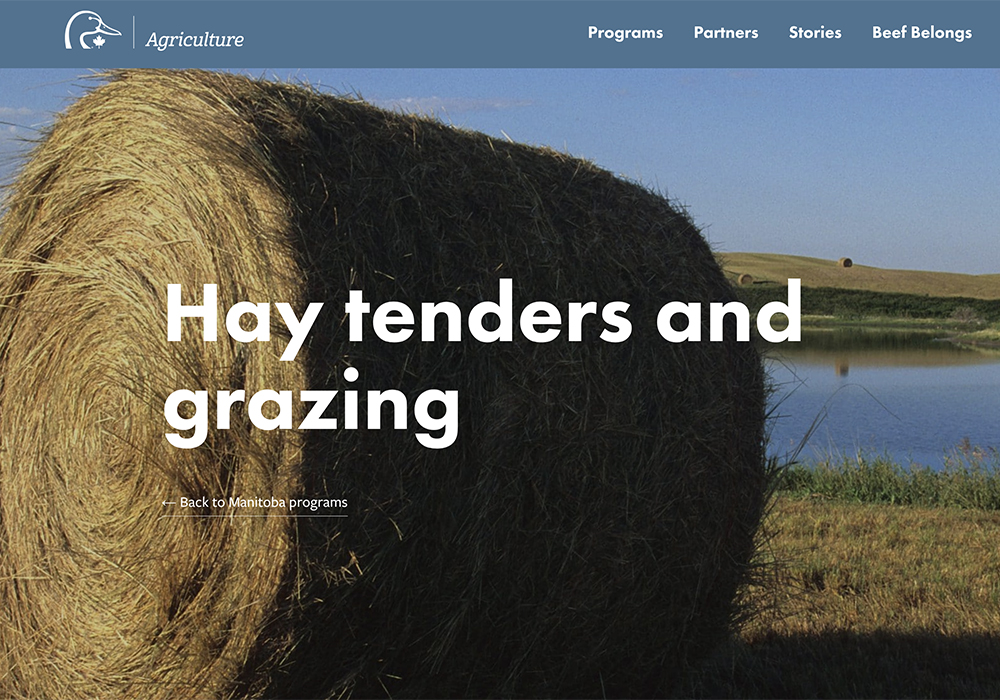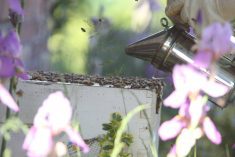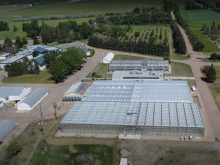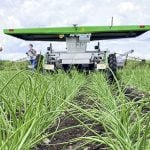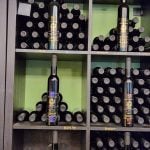Trevor McLeod is planning to bid on 100 to 170 acres of the 2,200 acres of hay land that Ducks Unlimited Canada is making available to Manitoba farmers this year.
Despite favourable moisture conditions this spring in the southwestern part of the province, the Brookdale area cow-calf producer will bale as much hay as he can.
“It’s just nice to have a few (bales) left every year and built up so that you have a cushion on these drier years,” McLeod said.
Producers have until June 29 to bid on hay land in 16 municipalities in southwestern Manitoba through the DUC Hay Tender Program.
Read Also
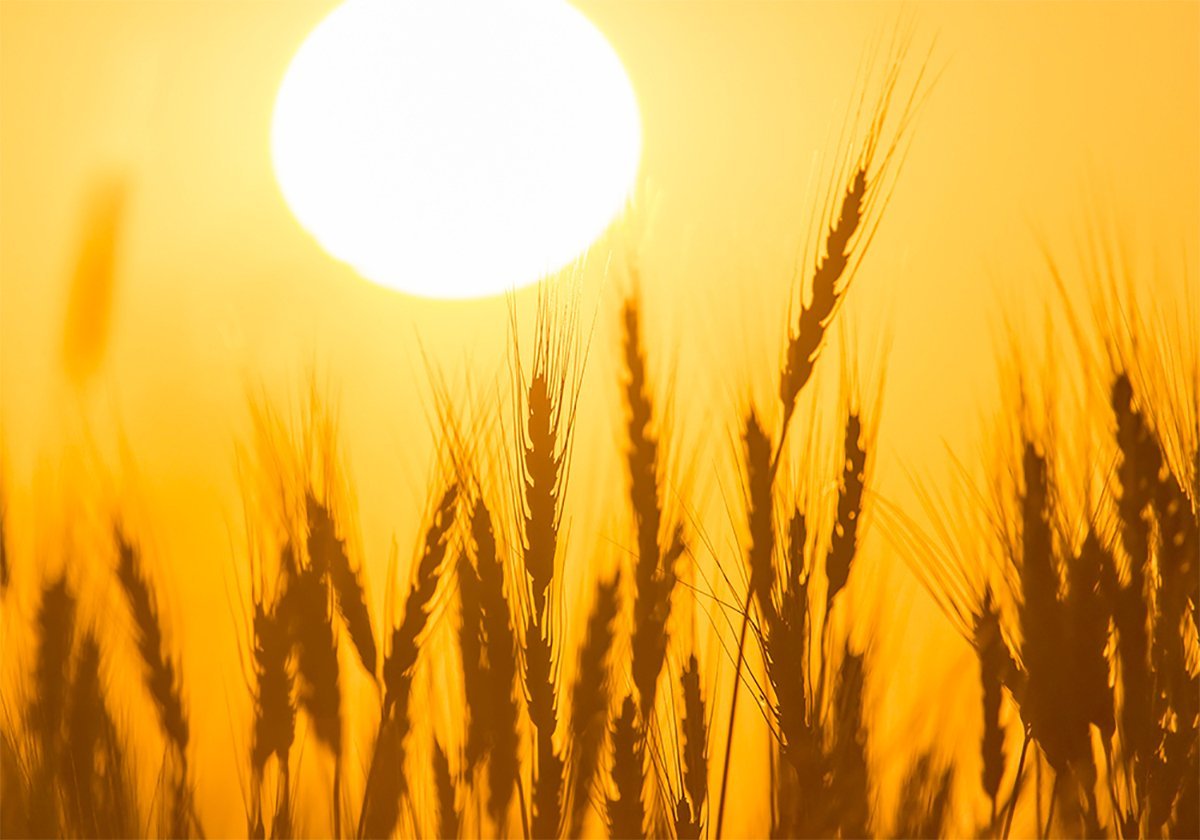
Heat waves combine sunshine and sinking air
As we continue our look at heat waves, I figured we should first define what they are by looking at the criteria Environment Canada uses to define heat events.
“A lot of these properties that we put up for tender have been idle the year before. We try to idle them at least one or two years in a row,” said program administrator and DUC conservation specialist Cam Ross.
About half of the 10,000 acres that DUC rotates is split between tame stands and native prairie.
“Tame stands are looking a bit better than the native ones. They went through the drought a bit better,” said McLeod, who also farms near Minnedosa.
“It’s been sort of cool here for most of the spring, so (native species are) taking a little bit to catch up. But with all this rain and a little bit of heat, they’ll be popping up pretty well.”
Producers can begin cutting hay after July 15, after any nesting birds have moved out.
Last year, McLeod got 186 bales off 96 acres in the Rural Municipality of Minto-Odanah.
“Almost two bales an acre and they were a decent size at 1,250 pounds to 1,300 lb.,” he said.
McLeod has been involved with the Hay Tender Program since it started in the 1990s.
“DUC has been really good to work with. If there’s ever an issue with a place that you can’t get to, they’ll take those acres off if you just can’t get to them or fix it up the next year to make things better,” he said.
DUC increased tendered acres in the past two years to help about 100 producers struggling with drought and feed issues.
“We’re back to our regular acres now, but if things do change here drastically on the Prairies or southwest Manitoba, we are prepared to release more acres if we get drought conditions again,” Ross said.
“It’s hard to say what kind of year we’re going get, but it’s looking like we’ll have lots of moisture in the ground this year, which will be good.”
Dollar amounts for bids vary depending on conditions.
“I think we’ll get a fewer number of bids this year just because guys may have more hay that’s available to them with the favourable moisture conditions,” Ross said.
“Guys bid higher on our tame species just because it’s a bit better forage quality than our native pieces, so it definitely varies from stand to stand.”
If conditions continue to improve, McLeod may not need as much hay from the tendered program.
“I just took the one that was either closest to me or maybe the biggest piece. I turned it back in because there’s other people that needed it more,” he said.
Producers can get more information from Ross at c_ross@ducks.ca or at 204-868-8145.


